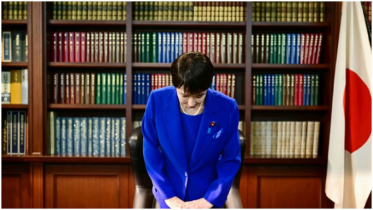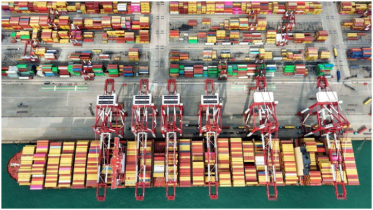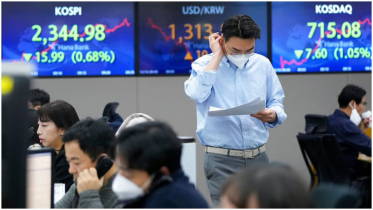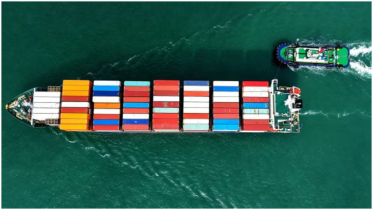US-China trade tensions escalate as new port fees take effect
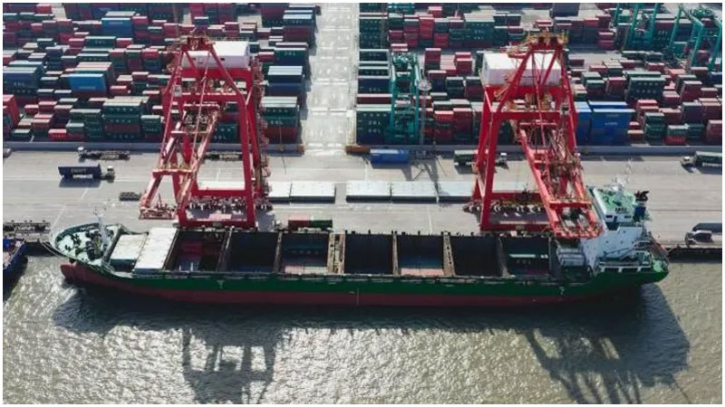
Fresh trade friction erupted Tuesday between the United States and China as Beijing imposed new port fees on American ships, mirroring US charges on Chinese vessels set to begin the same day.
China’s new levies apply to US-owned, operated, built, or flagged ships, but exclude Chinese-built vessels. State media said the measure was designed to “safeguard China’s shipping industry” against “discriminatory” US policies.
The move comes as Washington introduced fresh tariffs on imported timber, kitchen cabinets, and furniture, much of it from China, while President Donald Trump threatened additional 100% tariffs in response to Beijing’s tighter controls on rare earth exports.
According to Chinese broadcaster CCTV, the new port fees start at 400 yuan ($56) per net tonne and will gradually rise to 1,120 yuan by April 2028. Ships operated or partially owned (25% or more) by US firms will be affected.
Freight analysts estimate that large cargo vessels could face millions of dollars in additional costs, with ultra-large ships carrying 200,000 tonnes of dry bulk potentially paying over $10 million per trip by 2028.
“This will add significant costs to global shipping,” said Claire Chong of Thurlestone Shipping, noting that Chinese-built ships — which make up nearly half the world’s dry bulk fleet — will be exempt, cushioning some of the impact.
Despite the rising tensions, US Treasury Secretary Scott Bessent said President Trump and China’s leader Xi Jinping still plan to meet in South Korea later this month to discuss ways to ease trade strains.
“The 100% tariff does not have to happen,” Bessent said. “Lines of communication have reopened, and the relationship remains good.”
China’s commerce ministry urged Washington to stop “threats and intimidation,” warning that the US cannot demand talks while imposing new restrictions.
The latest confrontation marks a setback after both sides agreed to a tariff truce in May, which had raised hopes of a thaw in relations between the world’s two largest economies.
.png)

